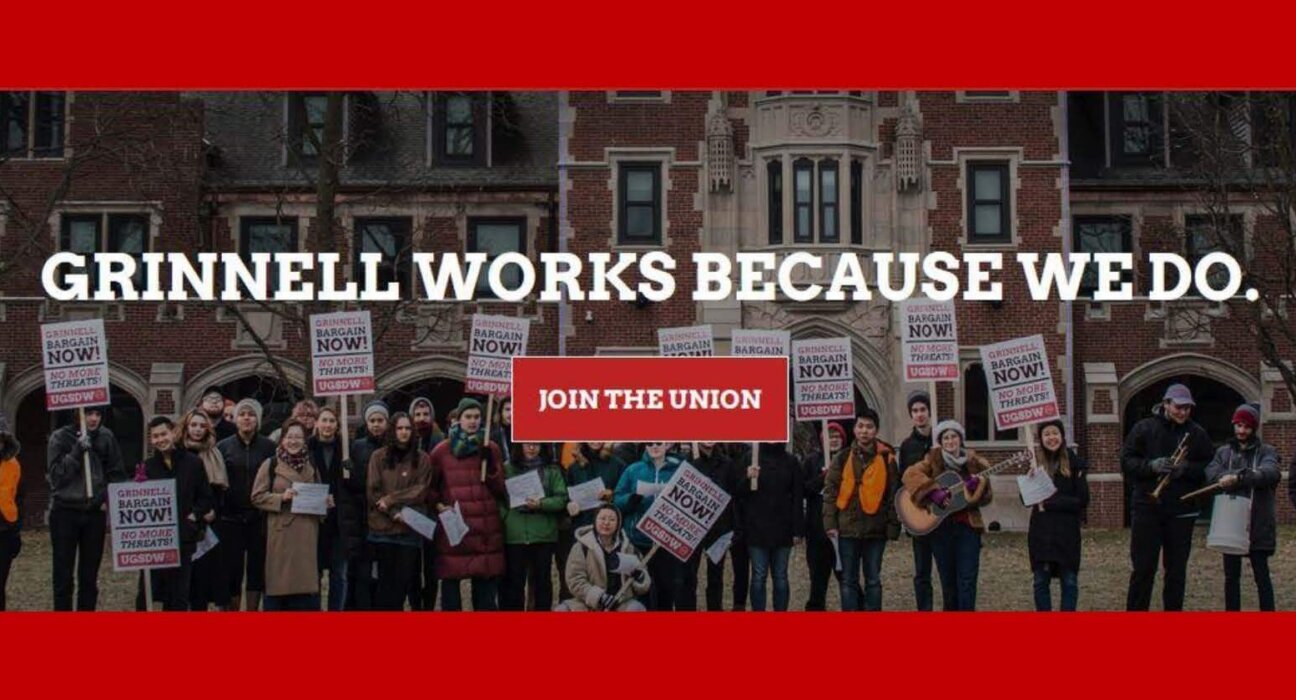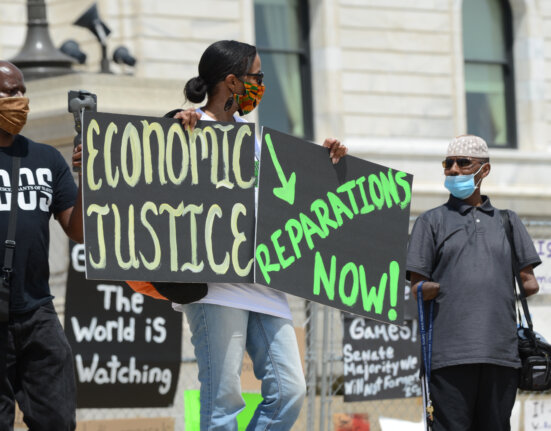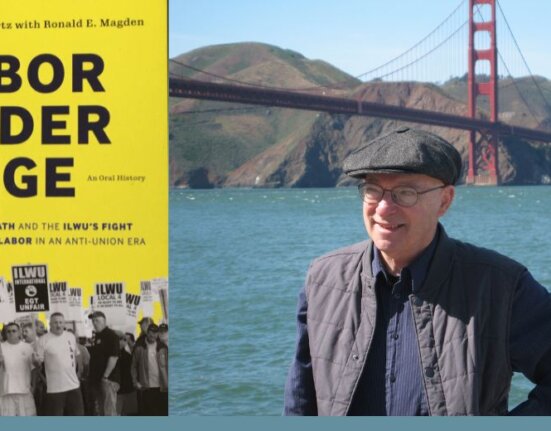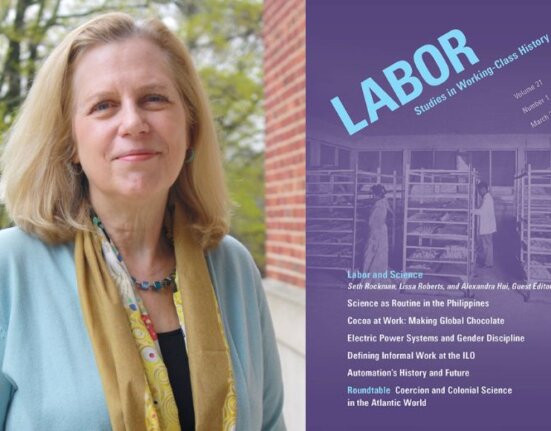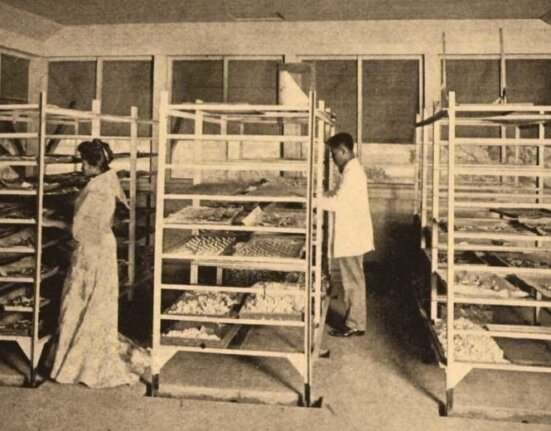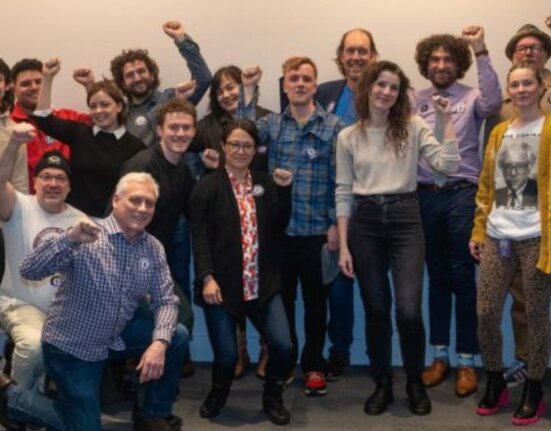This is the first in a series that updates and extends John McKerley’s essay in the current issue of Labor: Studies in Working Class History, which has been made freely available for three months, thanks to Duke University Press. I thought it was an important contribution given the uptick of graduate student, faculty and undergraduate organizing is apparent. –ed.
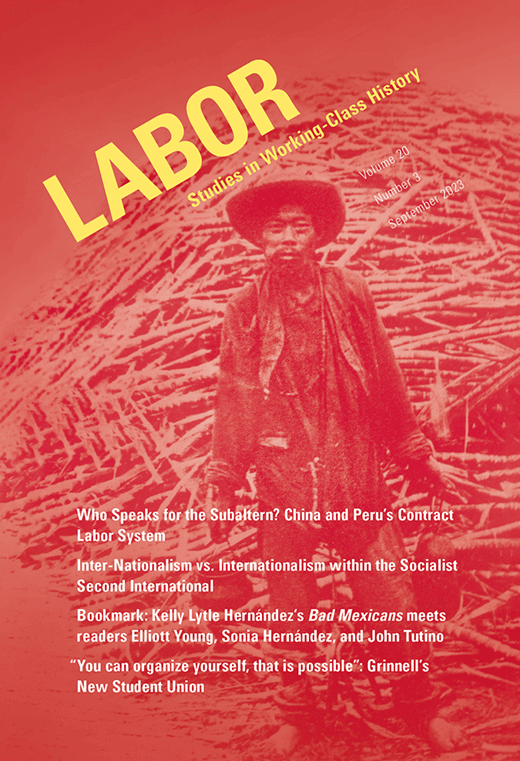
In 2018, I interviewed four leaders of the Union of Grinnell Student Dining Workers (UGSDW) at Grinnell College, a highly selective liberal arts institution in Grinnell, Iowa. At the time, I was working as the oral historian for the Iowa Labor History Oral Project (ILHOP), an over forty-year-old oral history collaboration focused on documenting the history of Iowa workers and their unions.
Recording the stories of UGSDW members was part of my job, but it also reflected a longstanding interest in student-worker organizing that stretched back to my time as a graduate employee and member of the United Electrical, Radio, and Machine Workers of America Local 896-Campaign to Organize Graduate Students (UE-COGS) at the University of Iowa. Formed in 2016, UGSDW was already at the point where its founding members were preparing to hand over the reins to a new generation, and I wanted to document what I worried might be an important but short-lived experiment in undergraduate worker organizing.
As it turns out, UGSDW was far more resilient than I had ever imagined. Indeed, it has gone on to become one of the most successful unions of undergraduate student workers in the country, including waging sophisticated, multi-year campaigns with national implications and expanding its jurisdiction to include all hourly student workers across the college’s campus. Most recently, in the spring of 2023, the union undertook its first strike as part of a complex and as-yet-unresolved campaign to improve conditions for its expanding membership.
This post—the first in a series—updates my edited interview from 2018 (published in Labor in September 2023). In it, I speak with some of my former interviewees—all of whom have gone on to some form of organizing or advocacy work—as well as with new UGSDW leaders and an organizer from Starbucks Workers United in Iowa City, Iowa, whose recent organizing campaign was anticipated by the Grinnell students back in 2018.
Taken together, the interview and the posts reveal the role of student workers in the broader service sector in the US, as well as the profound reach of the exploitative working conditions that have come to define that sector. At the same time, however, the success of UGSDW and its counterparts suggests the potential for such workers to redefine the limits of union organizing in the US in ways that reshape the labor movement and its place in American life.
Cory McCartan is a faculty fellow at the Center for Data Science at New York University. From 2015 to 2019, he was an undergraduate at Grinnell College, in Grinnell, Iowa, where he helped to organize the Union of Grinnell Student Dining Workers (UGSDW). Between 2019 and 2023, he was a graduate student in Statistics at Harvard University, and an active member of the Harvard Graduate Students Union-United Automobile Workers Local 5118 (HGSU-UAW). For more on McCartan and UGSDW, see the article, “A Seat at the Table,” in the September 2023 issue of Labor.
I think I’d agree with most of what I said back in 2018 [in my interview with John McKerley]. It’s been interesting to see independent unions gain more visibility with recent wins from the Amazon Labor Union and Starbucks Workers United. But it’s also important to recognize the role “traditional” national labor unions have played in supporting those efforts. There are a lot of benefits to banding together into larger organizations that can pool resources, and I don’t think independent unions are a panacea in any way particularly. The really valuable thing, as always, is a laser focus on the work of organizing, the importance of union democracy, and strategic flexibility in different contexts and workplaces. We’re seeing a lot of that in the big recent organizing wins, and also in the reform efforts in the UAW, Teamsters, United Food and Commercial Workers, and elsewhere.
A tension I started to feel with UGSDW—and that definitely cropped up again in my work with HGSU-UAW—is the role of deep one-on-one organizing in high-turnover workplaces with part-time jobs or situations where the job is only part of the worker’s relationship with the boss. We had a lot of success in gaining immediate material wins with UGSDW by mobilizing a labor-friendly student population for short-term actions, but we didn’t invest as much time in building workplace networks and organizing structures. There was more focus on that with HGSU, but we still had many challenges in terms of organizing capacity versus the size of the unit, and the turnover rate and fuzziness of the boundaries of academic labor. Part of that is just the challenge of organizing any new shop, but I do think I’ve come to appreciate some of the tradeoffs that exist between mobilization for immediate gains and longer-term investment in structures that build lasting worker power. Different workplaces may navigate those tradeoffs differently.

